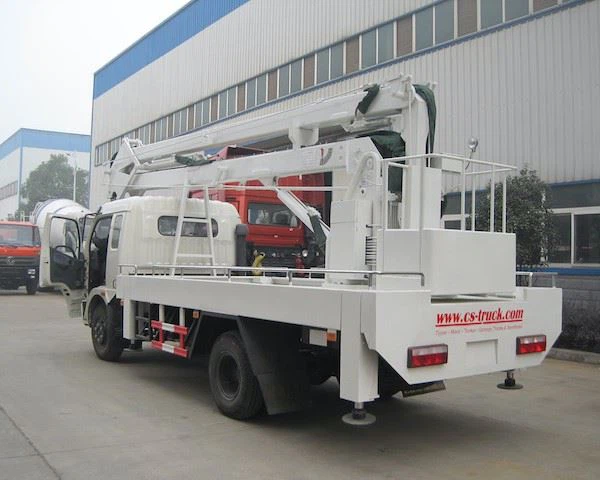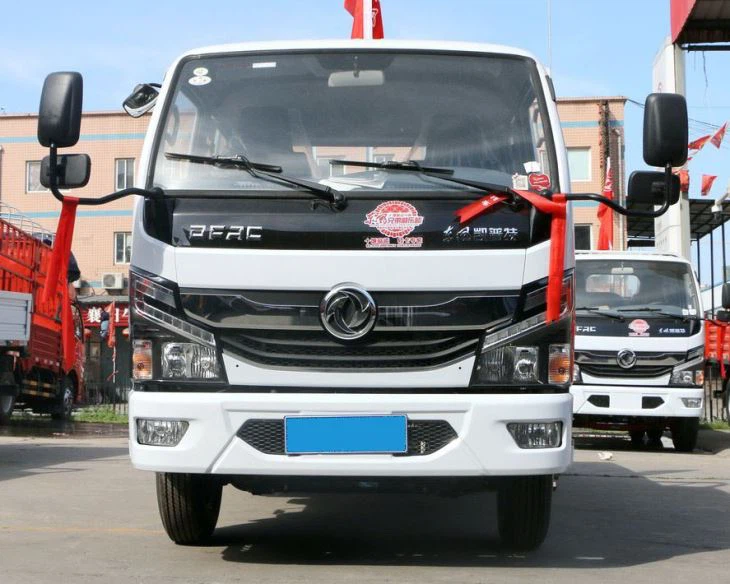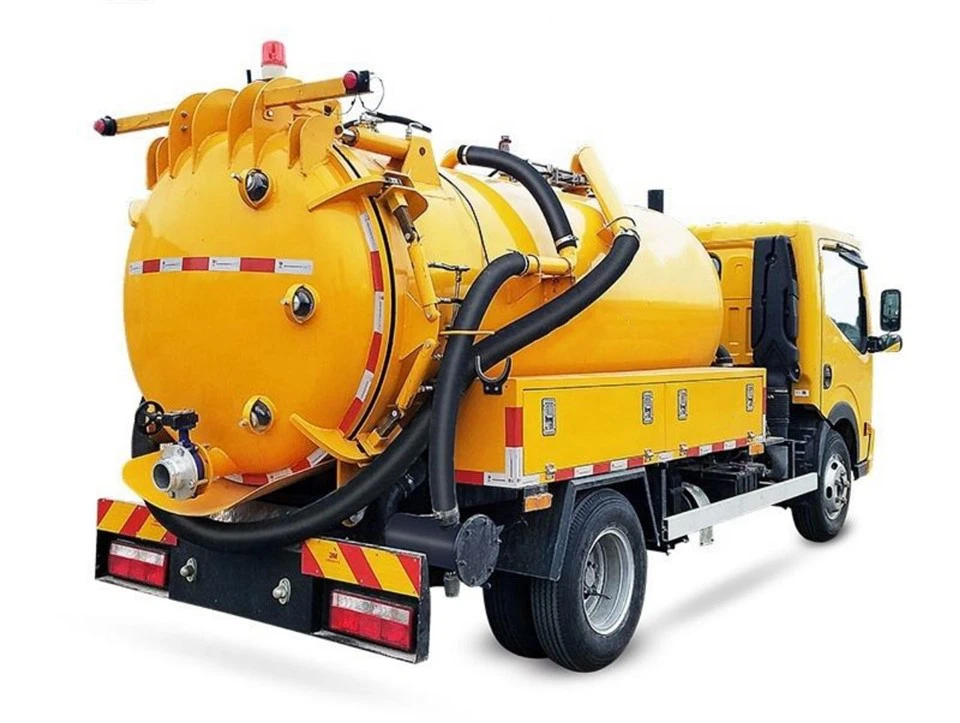Everything You Need to Know About Dumpster Hook Trucks

Dumpster hook trucks are specialized vehicles designed for hauling dumpster containers, offering an efficient solution for waste management and construction sites. This article delves into the various aspects of dumpster hook trucks, highlighting their benefits, operational mechanisms, and tips for selecting the right one for your needs.
What is a Dumpster Hook Truck?
A dumpster hook truck, often referred to as a roll-off or hook-lift truck, is a heavy-duty vehicle equipped with a hydraulic system and a hook mechanism for loading and unloading dumpster containers. These trucks are crucial in both residential and commercial waste management, allowing businesses and homeowners to conveniently dispose of waste materials.
Components of a Dumpster Hook Truck
Understanding the components of a dumpster hook truck can help in appreciating its functionality:
- Chassis: The base structure of the truck that supports the entire vehicle.
- Hydraulic System: Powers the hooks and lifts that handle the dumpster containers.
- Hook Mechanism: A specialized hook that connects to the dumpster for loading and unloading.
- Cab: The area where the driver operates the vehicle.
Benefits of Using Dumpster Hook Trucks

Utilizing dumpster hook trucks presents numerous advantages that cater to diverse waste management needs:
1. Efficiency in Waste Collection
Hook trucks streamline the waste collection process, reducing the time and manpower required to manage waste disposal effectively. With the ability to quickly load and unload dumpsters, operations can proceed without delays.

2. Flexibility and Versatility
These trucks can handle various dumpster sizes, making them suitable for both residential projects and large-scale construction sites. Businesses can adjust their waste management strategies based on project demands.
3. Cost-Effectiveness
Investing in dumpster hook trucks can lead to significant savings in labor costs and disposal fees. The efficiency of these trucks minimizes the need for additional manpower, thereby reducing overall operational expenses.
How Dumpster Hook Trucks Work
Operating Mechanism
The operation of a dumpster hook truck involves a straightforward process:
- The driver positions the truck near the dumpster.
- The hydraulic system is engaged to lower the hook.
- The hook connects to the dumpster.
- The hydraulic lift raises the dumpster onto the truck bed.
- The driver transports the loaded truck to the disposal site.
Loading and Unloading Process
Loading and unloading are seamless processes thanks to the hydraulic system, which allows for vertical lifts and swift operations. It ensures safety and efficiency, even with heavy loads.
Types of Dumpsters Compatible with Hook Trucks
Hook truck systems are designed to accommodate various dumpster types, ensuring flexibility for different waste needs:
| Dumpsters | Size (Cubic Yards) | Common Use |
|---|---|---|
| Residential | 10-20 | Home renovations, cleanouts |
| Construction | 20-40 | Large construction projects |
| Specialty | Custom | Specific waste types like hazardous materials |
Practical Tips for Selecting a Dumpster Hook Truck
1. Assess Your Needs
Evaluate the volume and type of waste you typically manage. This assessment will guide you in choosing the right size and capacity of the dumpster hook truck.
2. Consider the Truck’s Specifications
Pay attention to the truck’s weight capacity, hydraulic power, and compatibility with your existing dumpster types to ensure optimal performance.
3. Evaluate Maintenance Requirements
Understand the maintenance needs and costs associated with the truck, as this can affect long-term operational efficiency and expenses.
4. Compare Financing Options

Look into various purchasing or leasing options based on your budget. Sometimes, financing plans can make acquiring a dumpster hook truck more feasible.
Common Uses of Dumpster Hook Trucks
Dumpster hook trucks find utility across various sectors:
1. Construction Sites
From demolition projects to new builds, dumpster hook trucks are essential for managing construction debris efficiently.
2. Residential Renovations
During home improvements, these trucks help homeowners manage waste promptly, ensuring a clean environment.
3. Commercial Waste Management
Businesses can efficiently handle their waste disposal, maintaining cleanliness and compliance with waste regulations.
Environmental Impact of Dumpster Hook Trucks
With increasing attention on sustainability, understanding the environmental considerations related to dumpster hook trucks becomes essential:
1. Waste Reduction
Hook trucks facilitate efficient waste disposal, ultimately aiding in waste reduction strategies by enabling recycling and reuse.
2. Emissions and Fuel Efficiency
Modern dumpster hook trucks are often equipped with advanced engines designed for better fuel efficiency and lower emissions, contributing to greener waste management solutions.
Frequently Asked Questions (FAQ)
1. What is the average cost of a dumpster hook truck?
The cost of a dumpster hook truck can range widely based on specifications and configurations, typically falling between $30,000 to $150,000.
2. How much weight can a dumpster hook truck carry?
Most dumpster hook trucks can carry between 10,000 to 30,000 pounds, depending on the truck’s design and specifications.
3. What types of businesses typically use dumpster hook trucks?
Industries such as construction, landscaping, and waste management commonly utilize dumpster hook trucks for their operational needs.
4. Are there regulations governing dumpster hook truck operations?
Yes, regulations can vary by state and municipality; it’s crucial to check local laws governing waste disposal and vehicle operations.
5. Can I use any dumpster with a hook truck?
No, dumpster hook trucks require compatible dumpster designs, specifically tailored for hook-and-lift systems.
6. How often should a dumpster hook truck undergo maintenance?
Regular maintenance is advisable every 3,000 to 5,000 miles, or more frequently if the truck is heavily used. Always refer to the manufacturer’s guidelines for detailed maintenance schedules.
